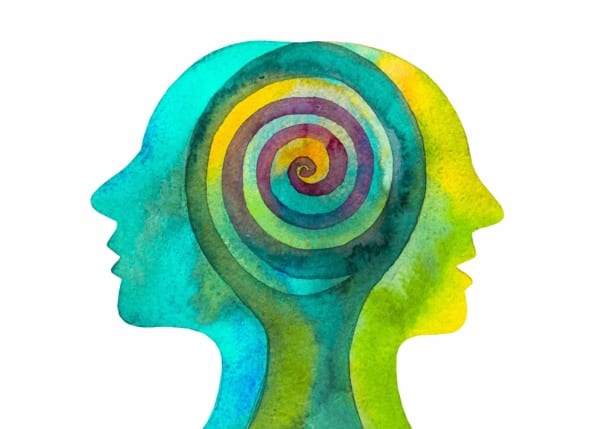
You don’t have to sit on a cushion for 10 days to learn to be mindful.
I first heard about meditation when I was 23 and traveling in India. As someone who had been interested in personal growth since my teen years (trying to understand my relationship drama, of course), I was fascinated with the idea.
I decided to do a 10-day meditation course in Dharamsala, where the Dalai Lama lives. Thinking it would be easy for an introspective guy like me, I was surprised and unsettled that just sitting doing nothing and being with my thoughts and feelings could be one of the hardest things I’ve ever done. The first three to four days were extremely difficult and I thought of leaving the scene repeatedly. But then, as my mind began to quiet down, I experienced an amazing sense of peace and clarity. Life seemed to slow down, my mind was quiet, and I felt very present and alive.
The key to meditation is mindfulness: paying attention to our present-moment experience and observing what is happening before we react. While meditating in India, I learned that our thoughts, feelings, and body sensations are connected and that we have more control over them than we think we do. In our busy day-to-day lives, we react to situations automatically and rarely get a chance to step back and study them.
The skills I’ve gained in my meditation practice have helped me grow and change in fundamental ways. I’ve seen the biggest difference in my relationship with my wife. When she came over to hug me one morning, I noticed my body turning away slightly. Instead of brushing my reaction aside, I got curious—why was this happening? When I listened to my experience, I realized I was upset because I was still thinking about how she was late for our dinner date the night before. I felt like she was not appreciating me and the effort that I was making, And now, my interpretation of the events was affecting our communication and intimacy.
Learning to identify what we feel and think is an important relationship skill. Unless we stop to tune in to our inner world, we can easily get stuck in our reactive patterns. I’m guessing you probably know how this looks in your own relationship.
Here’s the good news: you don’t have to sit on a cushion for 10 days to learn this. In my work with clients, I help them develop the skill of mindfulness. When I invite couples to slow down, close their eyes, and pay attention to what’s happening right now, they discover the depth of their own thoughts, feelings, physical sensations, and impulses. Most importantly, they understand how they’re all connected to each other.
Now it’s your turn: take a moment right now to pause, close your eyes, and pay attention to your internal experience. What do you notice in your body? Any constriction, pain, or pressure? What emotions do you feel right now? What are you thinking about?
If you can learn to take a step back and notice your experience without being consumed by it, your relationship will benefit immensely. If you and you partner want support, our couples counselors in Berkeley, Palo Alto, and San Francisco are here to help.
Note: A version of this article first appeared on Gal’s YourTango experts blog.
 Call Us Now
Call Us Now




